
Nearly two years since its seventh season ended with CIA intelligence officer Carrie Mathison (Claire Danes) in captivity in a Russian prison, “Homeland” returns for a final 12 episodes. This season, Mathison is suspected of disloyalty as Saul Berenson (Mandy Patinkin) negotiates peace between the Afghan government and the Taliban.
Originally based on the Israeli series “Hatufim” (“Prisoners of War”), created by Gideon Raff, “Homeland” tells the story of the relationship between a mentor and his protégé as they counter terrorism in a dangerous world. Danes, Patinkin, executive producers and co-creators Alex Gansa and Howard Gordon, and producer-director Lesli Linka Glatter previewed the eighth season in a Q&A session at the Television Critics Association press tour.
Gansa revealed that Mathison was not originally conceived as bipolar. “Showtime asked us to push the boundaries of that character to [give] her something that defined her in a way that she was not Chicken Little, screaming that the sky was falling down every week,” Gansa said. When his wife suggested making her bipolar, “it seemed like a natural fit.”
“I was always anxious about it being treated as a gimmick or a plot device, or that we would just use it when it was convenient for the story,” Danes said. “But I think that we were careful to refer to authentic experiences. We all did a lot of research, and we all took it really seriously.”
This season, Mathison, suffering from memory loss and PTSD after having a nervous breakdown in prison, is suspected of spilling secrets to the Russians. “Her loyalties are questioned, not only by those in the intelligence community, but by Carrie herself, because her memory is so fragmented from her time in captivity,” Gansa said.
In the story, Berenson, now the national security adviser to the president (Beau Bridges), needs Mathison’s expertise on Afghanistan in his precarious peace negotiations, despite her fragile state. As always, he remains protective.
“The relationship between a mentor and his protégé, between Saul Berenson and Carrie Mathison — the primal story of ‘Homeland’ — is really the architecture of the final season, and that’s what you will see resolved by the end of the 12 episodes,” Gansa said. “We made a conscious effort this last season not to reflect and mirror what’s happening in Washington, D.C., which we did for the last two seasons. We decided to focus on these two actors and these two characters and to tell the final chapter of that story. We went far away to do it and the results, I think, are pretty good.”
The production spent nine months shooting in Morocco, but Gansa revealed that the producers had considered setting the season in Israel.
“The relationship between a mentor and his protégé, between Saul Berenson and Carrie Mathison — the primal story of ‘Homeland’ — is really the architecture of the final season, and that’s what you will see resolved by the end of the 12 episodes.”
— Alex Gansa
“We thought there would be something circular and great about it. [But] it became really hard to tell that story about an American intelligence officer in the middle of that conflict,” Gansa said. “It was hard to put America in the center of that story. After months of trying to do it, we had to abandon that plan. It’s actually the second time we had to abandon an Israel story because it was just too difficult to wrap our minds around.”
In discussion with the show’s consultants in Washington, the producers learned that there was a secret peace process going on in Afghanistan, “and that felt like a really great opportunity for us to take Carrie back to where she was in Season Four.” Gansa continued. “There were a lot of loose ends to that season’s story. We thought it was a good opportunity to do that and to put Saul in the middle of that peace negotiation.”
Personal and internal conflicts are as much a part of the series as geopolitical ones. “To me, a quintessential ‘Homeland’ scene is when two characters have completely opposing views and they’re both right. And that, to me, is kind of the essence of the show, showing both sides,” Glatter said. “This kind of experience with this group of people doesn’t come around a lot, only a couple of times in a career. This has been an incredible journey. I feel a lot of sadness with that ending, but it also feels appropriate.”
Danes admitted to feeling conflicted about the show’s end. “I know how rare that combination is to be working with people who I trust and respect and admire so much [on] material that is always going to challenge me and make me question, something urgent and worthwhile,” she said. “I’ve never made anything for this long. I had my family over the course of filming this thing, and it’s been so profoundly defining for me. I think it’s going to hit me that it’s over come April, when we would be going back to shoot the next season.”
Patinkin called it a privilege to have met and learned from “people who are dedicated to this way of life, both in defending the country, gathering intelligence and being members of Congress and the Senate, and asking questions about how the world operates,” he said. “I have profound respect for their admissions of their mistakes and what they’ve done, and how they sacrificed their lives. It’s been an education, to say the very least, and I wouldn’t trade it for anything in the world.”
“I wish we had more influence and impact in the world, but I’m not sure whether ‘Homeland’ changes anybody’s mind about anything,” Gansa said, “whether it be the intelligence community or whether it be about the way America projects power overseas. But we do, at our best, inspire a conversation. And for that, maybe we will be missed a little bit.”
“Homeland” premieres Feb. 9 on Showtime.






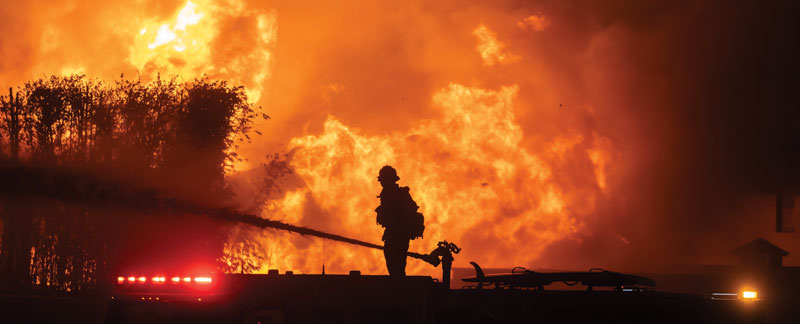


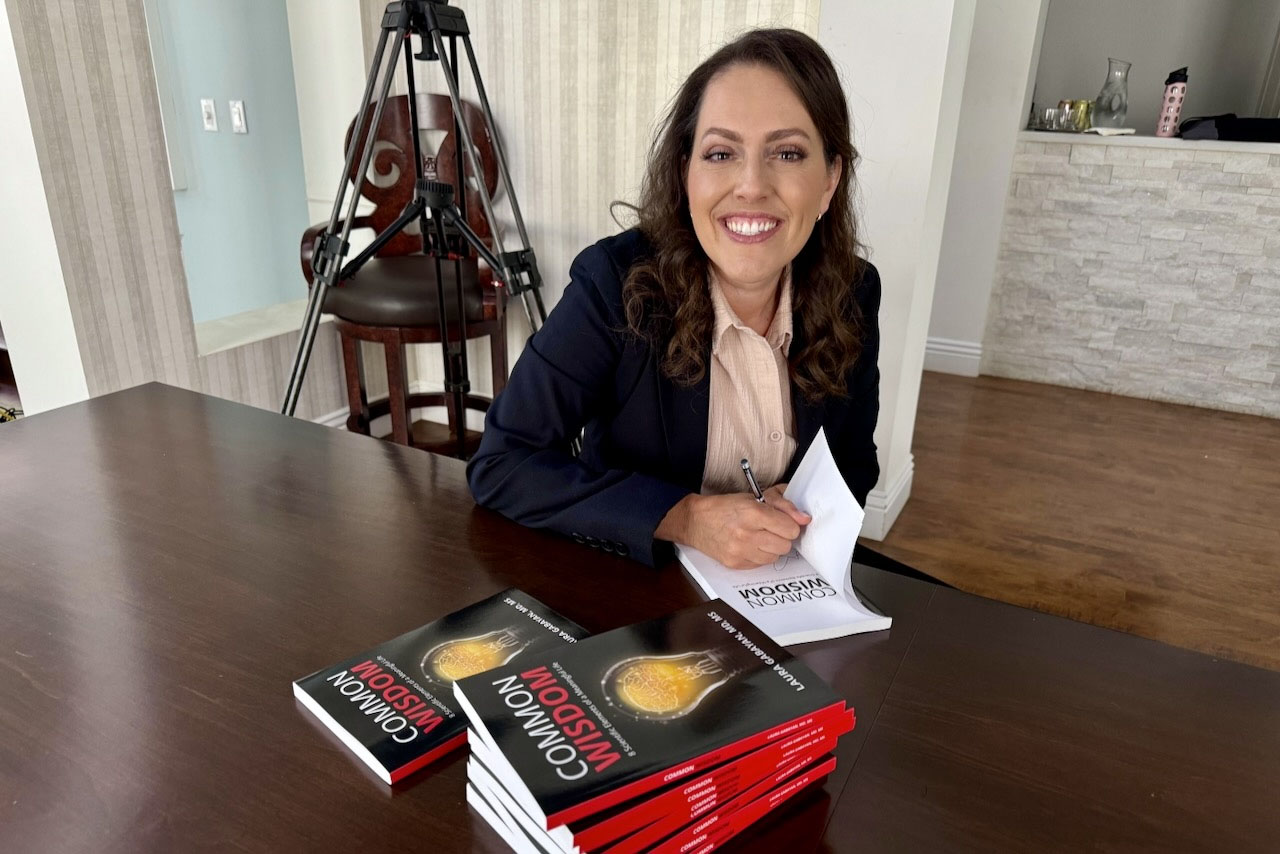

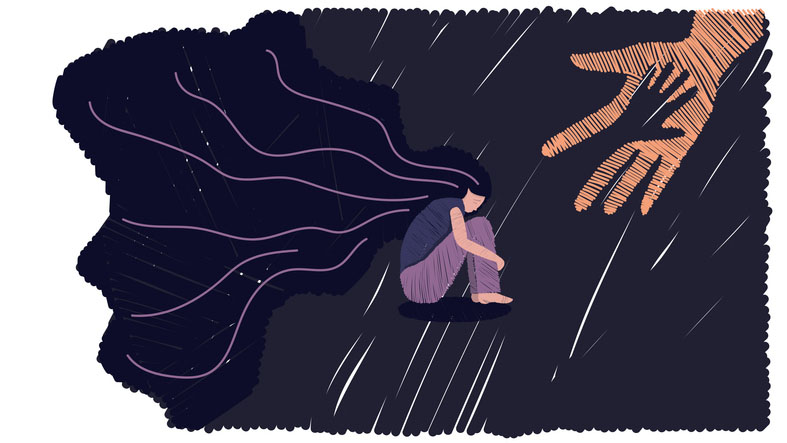

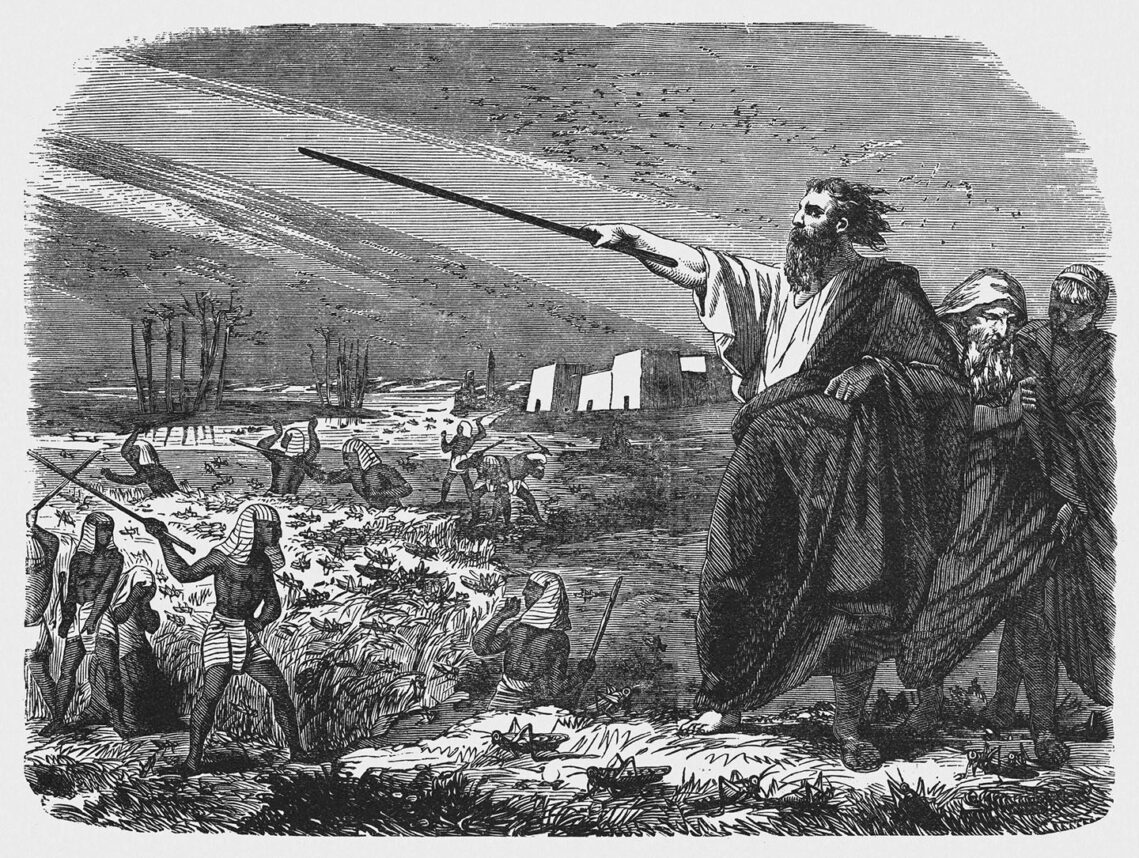


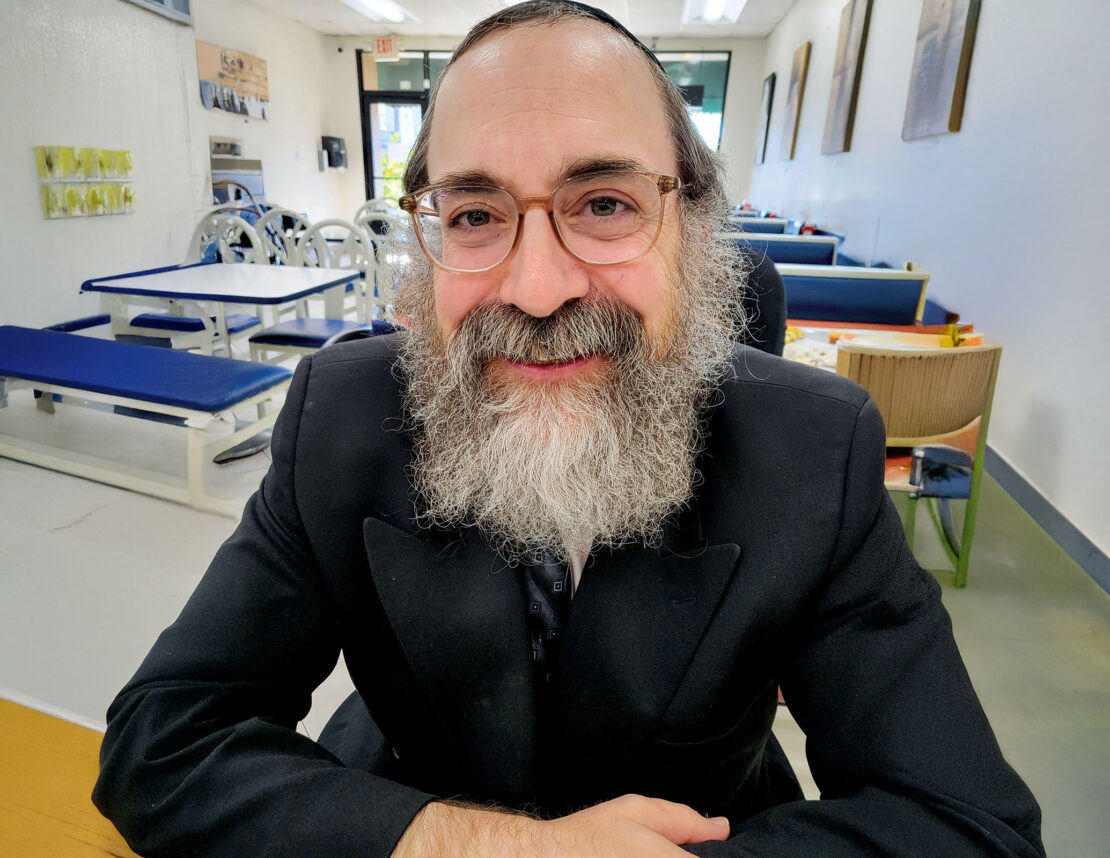





 More news and opinions than at a Shabbat dinner, right in your inbox.
More news and opinions than at a Shabbat dinner, right in your inbox.